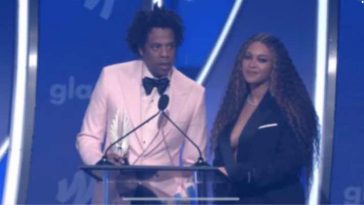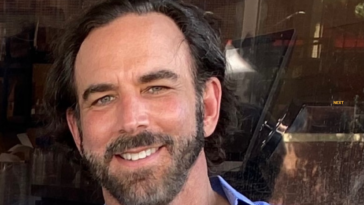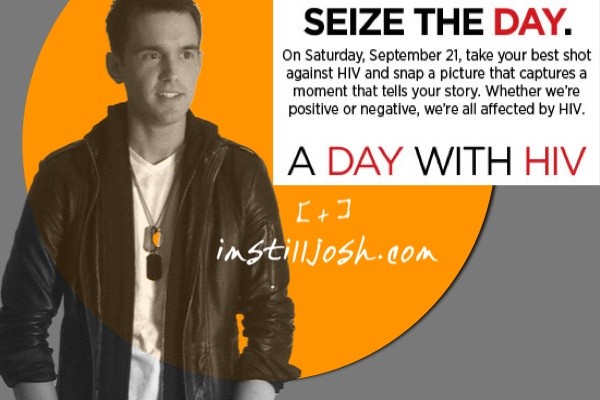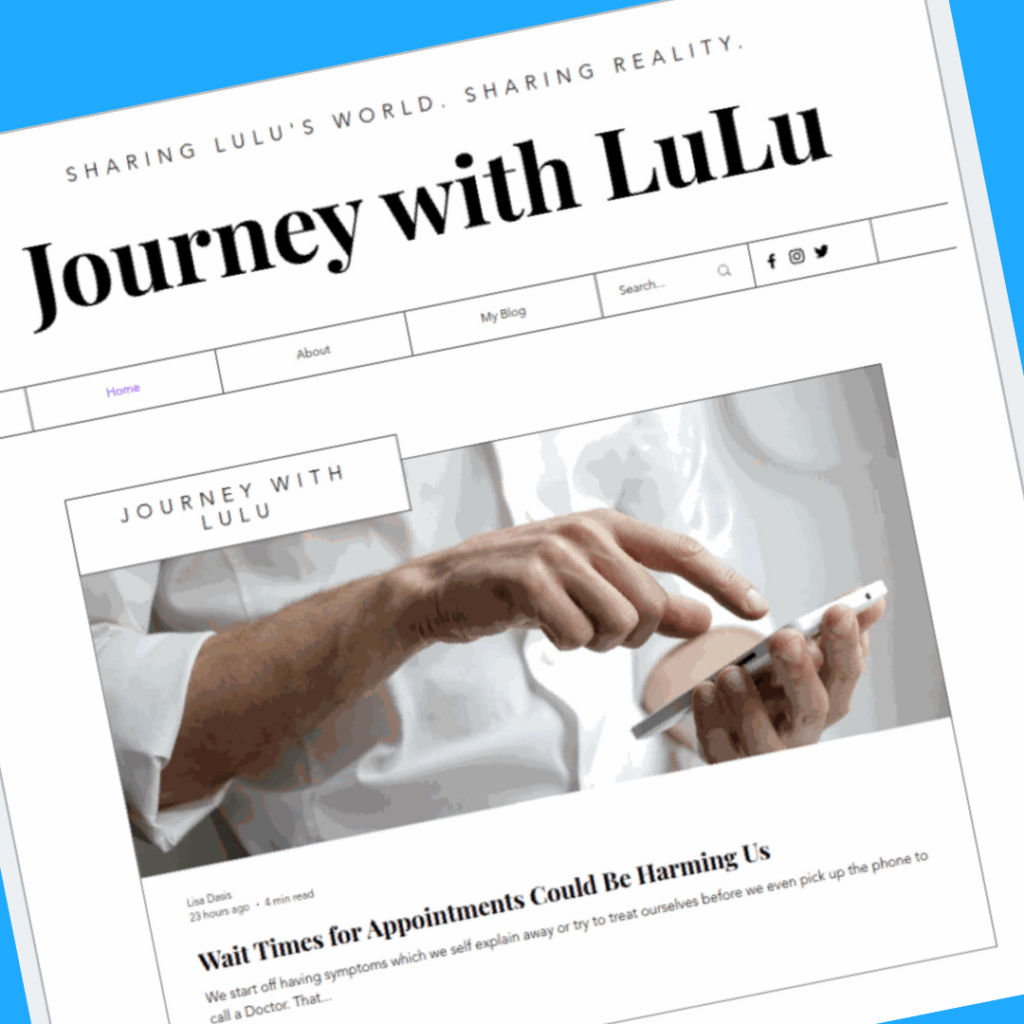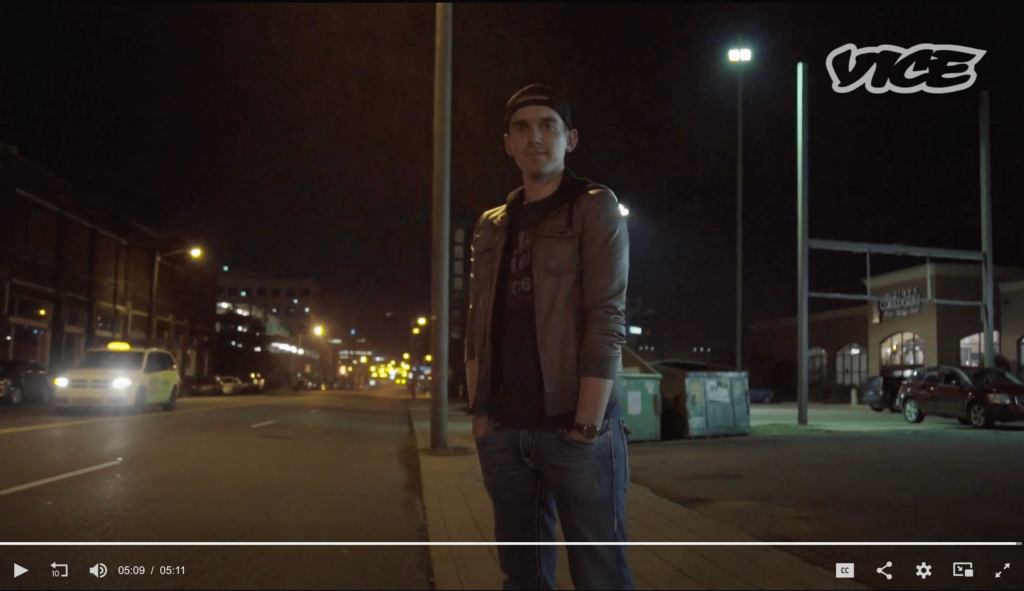Transmission Impossible? is scheduled for 8 PM, Wednesday, May 7, at OutCentral in Nashville.
Local health advocates have come together to respond to community questions about the prevention benefit of HIV treatment, sometimes referred to as “treatment as prevention” or TasP.
“For decades some professionals, including doctors serving HIV-positive patients, have expressed the belief that transmission with an undetectable viral load is very unlikely,” observed research educator Mark Hubbard, “but others have disagreed.” A series of science-based official positions and publications since 2008 have asserted increasing certainty of this, but always with caveats.
This body of knowledge is at the foundation of the US National HIV/AIDS strategy, which seeks to reverse the  impact of HIV by making sure those who are positive are diagnosed and supported with care and treatment. Although implementation involves dealing with many challenges in the US, researchers recently reported that dramatic progress towards universal treatment coverage in the African country Rwanda has cut new HIV diagnoses in half and yielded a 90% reduction in new transmissions there.
impact of HIV by making sure those who are positive are diagnosed and supported with care and treatment. Although implementation involves dealing with many challenges in the US, researchers recently reported that dramatic progress towards universal treatment coverage in the African country Rwanda has cut new HIV diagnoses in half and yielded a 90% reduction in new transmissions there.
Data from the PARTNER study presented in March at the acclaimed Conference on Retroviruses and Opportunistic Infections (CROI) also spurred discussion. So far, the study has found no linked HIV transmissions in over 750 couples in which one partner is HIV+positive with an undetectable viral load and the other is HIV-negative, despite their reporting a total of around 44,000 instances of condomless intercourse.
“Some advocates are talking about absolute safety while others seem obsessed with what we don’t know,” said Robbie Maris, President of OutCentral’s board of directors. “To achieve understanding, we need to consider the points of view of everyone, including doctors, patients, persons living with HIV, and those who are HIV-negative.” Presented jointly by the Vanderbilt HIV Vaccine Program and OutCentral, “Transmission Impossible?” will bring together a panel of experts from across the Nashville community to discuss the science and the issues.
Organizers think these developments make “Transmission Impossible?” which is free and open to the public, a particularly timely opportunity for discussion by all members of the GLBTQIF community.
![[ IMSTILLJOSH ]](https://imstilljosh.com/wp-content/uploads/2020/09/9A79D7E4-5626-422E-ABC0-F601C8891E6A.png)








